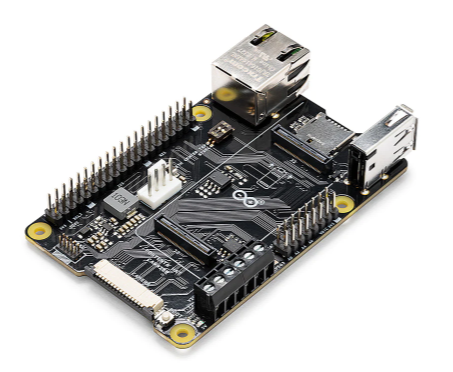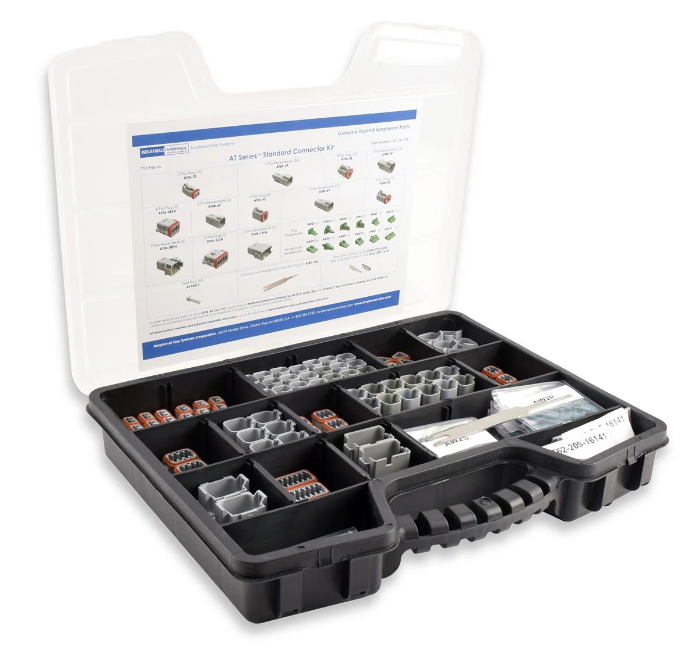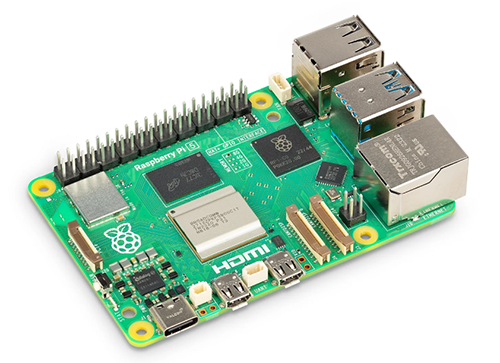Is AI the future of procurement?
In the evolving landscape of business operations, artificial intelligence (AI) has emerged as a transformative force, particularly in the realm of procurement. The integration of AI in procurement processes is not just a fleeting trend but a fundamental shift, heralding a future where efficiency, accuracy, and strategic decision-making are paramount.
This article explores how AI is reshaping procurement, its potential implications, and whether it indeed represents the future of this crucial business function.
Understanding AI in procurement
AI in procurement refers to the application of machine learning, natural language processing, and other AI technologies to automate and improve procurement tasks. This includes everything from analysing spending patterns and predicting future trends to optimising supplier selection and managing contracts. By harnessing vast amounts of data, AI tools can provide insights that were previously unattainable, leading to more informed decisions and strategies.
Enhanced data analysis and decision making
One of the most significant advantages of AI in procurement is its ability to analyse large datasets quickly and accurately. Traditional procurement processes often involve manual data entry and analysis, which can be time-consuming and prone to human error. AI algorithms, however, can process vast amounts of data in a fraction of the time, identifying patterns, trends, and anomalies that might go unnoticed by human analysts. This capability enables procurement teams to make more data-driven decisions, such as identifying the most cost-effective suppliers or predicting future price fluctuations.
AI also plays a crucial role in automating routine procurement tasks, such as order processing, invoice matching, and payment processing. By automating these processes, organisations can reduce the time and resources spent on administrative tasks, allowing procurement teams to focus on more strategic activities. Furthermore, AI-driven automation can help reduce errors and improve compliance, as AI systems can be programmed to follow specific rules and regulations.
Risk management and compliance
Risk management is a critical aspect of procurement, and AI can significantly enhance an organisation's ability to identify and mitigate risks. AI tools can monitor and analyse various risk factors, such as supplier reliability, market volatility, and regulatory changes. This proactive approach to risk management helps organisations avoid potential disruptions and ensures compliance with industry standards and regulations.
Supplier relationship management
AI can transform supplier relationship management by providing deeper insights into supplier performance and behaviour. AI systems can track and analyse supplier data, such as delivery times, quality metrics, and compliance records, enabling procurement teams to evaluate suppliers more effectively. This data-driven approach can lead to better supplier selection and more strategic partnerships.
Challenges and considerations
Despite the numerous benefits, the integration of AI into procurement is not without its challenges. One of the primary concerns is the initial cost and complexity of implementing AI systems. Organisations must invest in the right technology and expertise to fully leverage AI capabilities. Additionally, there is a need for quality data to train AI models, and poor data quality can lead to inaccurate insights and decisions.
Moreover, there is a human aspect to consider. The introduction of AI in procurement may lead to apprehension among employees, particularly regarding job security and the need for new skills. It is essential for organisations to manage this transition carefully, ensuring that employees are trained and prepared for the changes that AI will bring.
The future of procurement with AI
Looking ahead, it is evident that AI will play an increasingly vital role in procurement. As AI technologies continue to advance, they will offer even more sophisticated tools for data analysis, process automation, and strategic decision-making. The future of procurement will likely see a blend of human expertise and AI capabilities, where procurement professionals leverage AI to enhance their strategic and analytical skills.
In the long term, AI could lead to entirely new procurement models. For instance, AI could enable real-time procurement, where decisions are made instantaneously based on live market data. AI could also facilitate more dynamic and flexible supplier relationships, adapting to changes in demand and supply conditions in real time.
Conclusion
In conclusion, AI is not just the future of procurement; it is already becoming an integral part of it. The benefits are too significant to ignore. However, organisations must navigate the challenges of implementation and integration carefully, ensuring that they have the right technology, data quality, and skilled workforce to make the most of AI. As we move forward, it is clear that AI will continue to transform procurement, driving innovation and efficiency in this critical business function.









